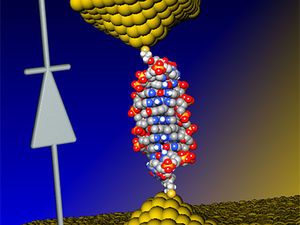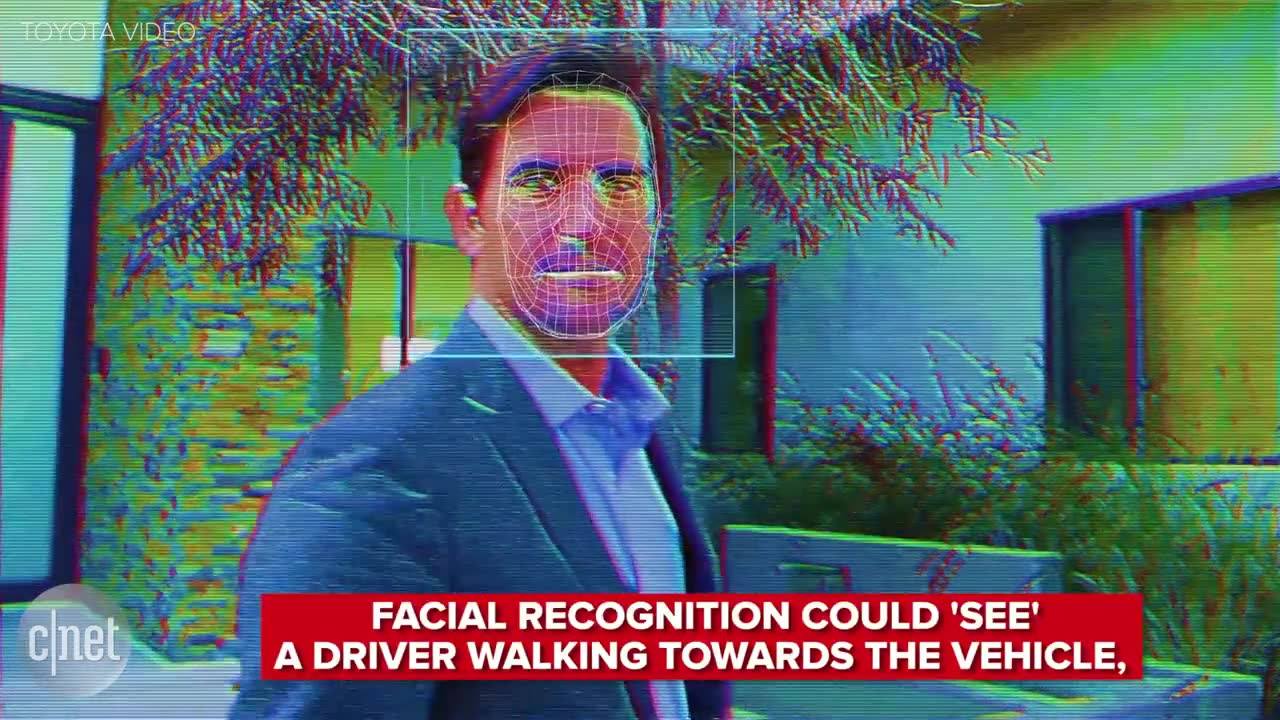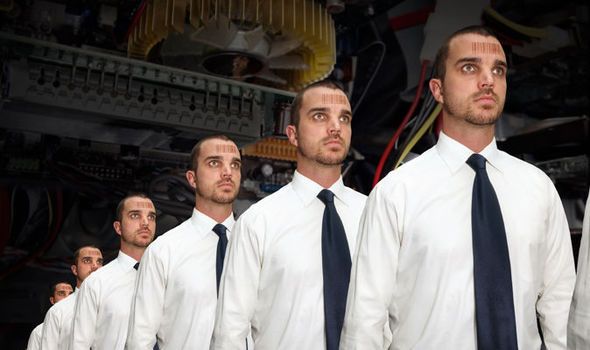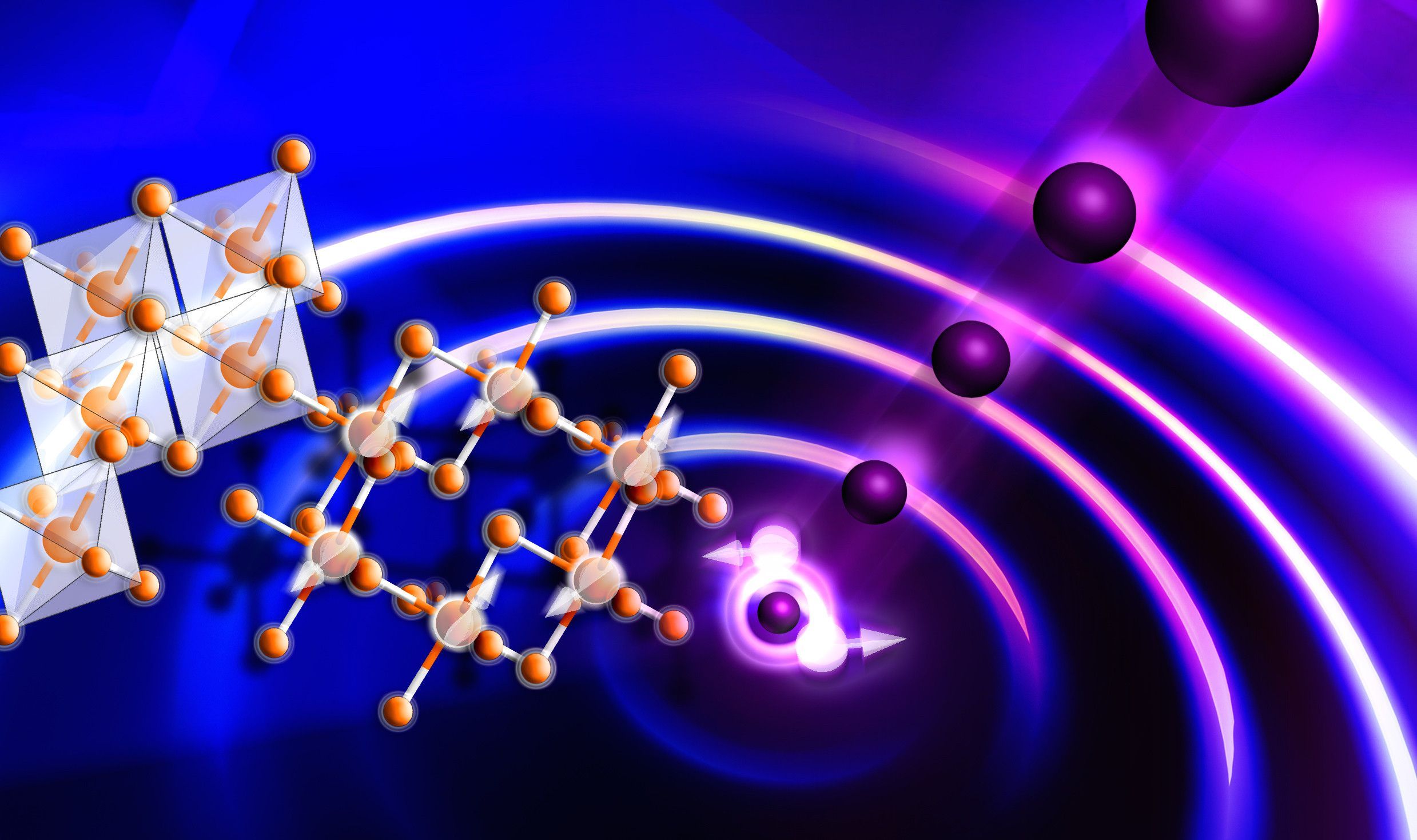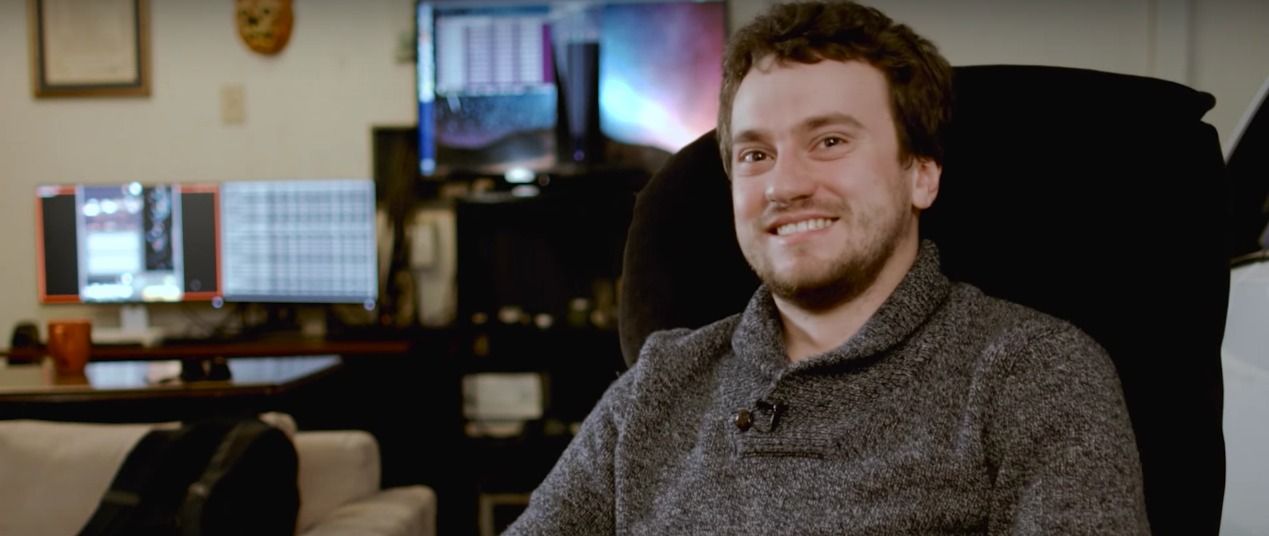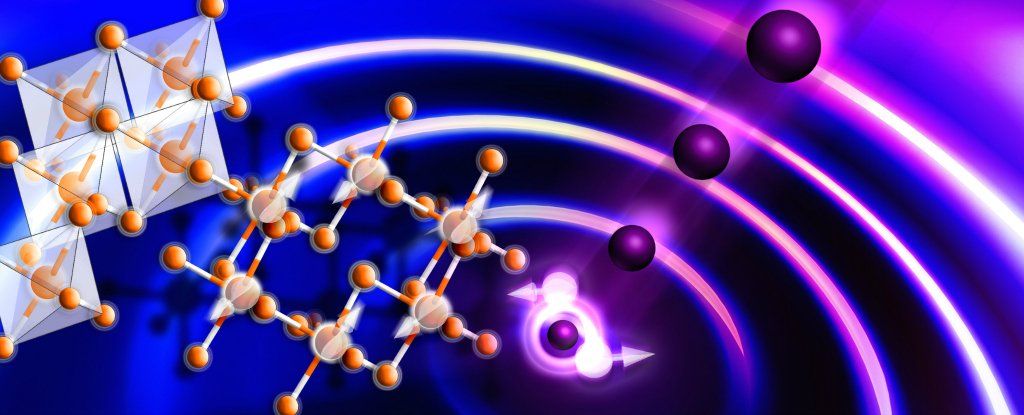Page 11298
Apr 5, 2016
World’s Smallest Diode Is Made of DNA
Posted by Shailesh Prasad in categories: biotech/medical, computing, electronics, genetics
Diodes —also known as rectifiers—allow electric current to flow in just one direction. More than 40 years ago, scientists proposed miniaturizing diodes and other electronic components down to the size of single molecules, an idea that eventually helped give birth to the field of molecular electronics, which could help push computing beyond the limits of conventional silicon devices. [See “Whatever Happened to the Molecular Computer?” IEEE Spectrum, October 2015]
Scientists at the University of Georgia and Ben-Gurion University of the Negev in Israel used DNA to fashion the new diode. The breakthroughs in genetics developed to sequence the human genome have now made it relatively easy to precisely manufacture and manipulate DNA, which makes the molecule a leading candidate for use in molecular electronics.
DNA’s double helix is made of paired strands of molecules known as bases. The new diode is only 11 base pairs long. (Typically, DNA is 0.34 nanometers long per base pair.)
Apr 5, 2016
Scientists to open MASS-CLONING factory this year to clone cows, pets and HUMANS
Posted by Shailesh Prasad in category: biotech/medical
Apr 5, 2016
Tesla Model 3 preorders have likely doubled the electric cars sold
Posted by Shailesh Prasad in categories: Elon Musk, sustainability, transportation
Three days ago, when Global Equities Research projected more than 300,000 reservations for the Tesla Model 3 electric car by the start of this week, that number seemed outlandish.
And yet, by the end of Saturday, the global total had reached 276,000, according to a tweet by Tesla CEO Elon Musk.
When the Model 3 was first unveiled in California on Thursday evening, the number of deposits that day alone had already crossed 100,000.
Continue reading “Tesla Model 3 preorders have likely doubled the electric cars sold” »
Apr 5, 2016
Physicists just discovered a new state of matter called ‘quantum spin liquid’
Posted by Sean Brazell in categories: computing, particle physics, quantum physics
Researchers with the University of Cambridge say they have the first real evidence of a new state of matter, some 40 years after it was first theorized.
Known as “quantum spin liquid,” the matter states causes normally unbreakable electrons to fracture into pieces, called “Majorana fermions.” These fermions are an important discovery: Physicists believe the material is crucial to further develop quantum computing. Computers employing Majorana fermions would be able to carry out calculations beyond the scope of modern computers quickly, they say.
Quantum spin liquid explains some of the odd behaviors inside magnetic materials. In these materials, the electrons should behave like small bar magnets, all aligning towards magnetic north when a material is cooled. But not all magnetic materials do this — if the material contains quantum spin liquid, the electrons don’t all line up and become entangled.
Continue reading “Physicists just discovered a new state of matter called ‘quantum spin liquid’” »
Apr 5, 2016
Five ways to travel through time
Posted by Sean Brazell in categories: physics, time travel
Travel to the past is probably impossible. But to the future? That’s a different story. Cathal O’Connell considers the feasibility of physics.
In 2009 the British physicist Stephen Hawking held a party for time travellers — the twist was he sent out the invites a year later. (No guests showed up).
Apr 5, 2016
George Hotz Wants to Sell You a Kit to Make Your Car Autonomous
Posted by Shailesh Prasad in categories: robotics/AI, transportation
Apr 5, 2016
Scientists have just discovered a new state of matter
Posted by Shailesh Prasad in categories: particle physics, quantum physics
Researchers have just discovered evidence of a mysterious new state of matter in a real material. The state is known as ‘quantum spin liquid’ and it causes electrons — one of the fundamental, indivisible building blocks of matter — to break down into smaller quasiparticles.
Scientists had first predicted the existence of this state of matter in certain magnetic materials 40 years ago, but despite multiple hints of its existence, they’ve never been able to detect evidence of it in nature. So it’s pretty exciting that they’ve now caught a glimpse of quantum spin liquid, and the bizarre fermions that accompany it, in a two-dimensional, graphene-like material.
“This is a new quantum state of matter, which has been predicted but hasn’t been seen before,” said one of the researchers, Johannes Knolle, from the University of Cambridge in the UK.
Continue reading “Scientists have just discovered a new state of matter” »
Apr 4, 2016
FCC to stop ISPs from tracking you without consent
Posted by Karen Hurst in category: privacy
This could definitely lead to other areas being controlled which could impact how companies can collect even demographics and profile online users for online ads, etc. Also, makes me wonder if we could even see a clamping down on how malls, stores, etc. collect data about consumers. I see major trickle down impacts from this.
The new rules make it nearly impossible for ISPs to track any information about your online activities, other than for network maintenance purposes.

